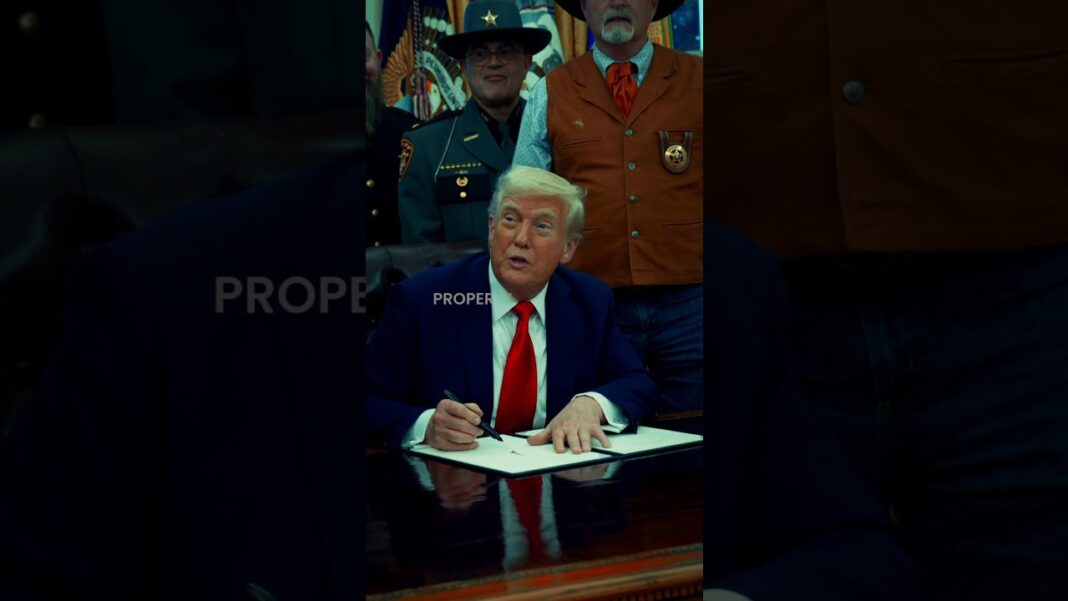‘America’s mineral dependence is reversible,’ Gerard Barron, CEO and chairman of The Metals Company, stated.
Opinions are sharply divided regarding President Donald Trump’s initiative to spur undersea mining for minerals used in the production of batteries, electronics, and steel, which are deemed critical to U.S. national security.
On April 24, Trump issued an executive order on “unleashing America’s offshore critical minerals,” which would accelerate the approval process for the exploration and extraction of minerals by deep-sea mining.
“Vast offshore seabed areas hold critical minerals and energy resources,” the order reads. “These resources are key to strengthening our economy, securing our energy future, and reducing dependence on foreign suppliers for critical minerals.”
Deep-sea mining advocates say mining the world’s oceans is a cheaper and cleaner way to extract essential minerals, including copper, cobalt, nickel, zinc, silver, gold, and rare earth elements, reducing the United States’ dependence on China in the process.
Detractors say that deep-sea mining is not commercially viable and will cause lasting harm to the world’s last untouched regions, destroying aquatic organisms that have yet to be discovered by humans.
“Nothing pleases our foreign adversaries like China more than America surrendering to radical preservationists, NGOs, and foreign-funded donors who wage lawfare against sound, multiple-use resource-management policies,” Rep. Paul Gosar (R-Ariz.) told attendees at an April 29 hearing of the House Committee on Natural Resources.
Citing China’s control of approximately 60 percent of global critical mineral production and 90 percent of the processing, Gosar stated that “this outside outsized global influence has allowed China to cripple America’s access to critical minerals at a whim.”
A Trump administration official said last month that undersea mining within U.S. coastal waters alone could add $300 billion to U.S. GDP over 10 years and create 100,000 jobs. And mining companies say that extracting minerals from seabeds will be significantly less damaging to the environment than mining on land.
Under the sea, the sought-after minerals are “contained within slow-forming, potato-sized polymetallic ‘nodules,’ as well as in polymetallic sulfides (large deposits made up of sulfur compounds and other metals that form around hydrothermal vents) and metal-rich crusts on underwater mountains,” according to an April 23 report by the World Resources Institute.







